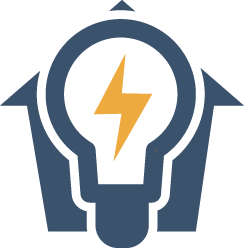Tips for Homeowners When Installing Solar Power
Solar power is becoming popular in Australia due to a host of advantages, including energy efficiency, sustainability and environmental preservation. When you need to power your home, solar energy is a good alternative, especially if you need an off-grid power solution. Here are some tips for homeowners when installing solar power.
Install LED Bulbs -- Lighting is one of the leading factors that contribute to high energy consumption in most homes. Standard light bulbs use 10% of input energy to make light while 90% is lost as heat. However, modern LED bulbs transform the majority of the energy into light. Therefore, investing in LEDs can manage energy costs, especially when using solar. Such bulbs do not heat up and, thus, have a longer service life. The energy savings realised by using LEDs can be used to power other household appliances such as computers, fridges and entertainment systems.
Batteries -- Batteries are a key component of a home solar system. You can choose between lithium-ion, lead-acid and heavy metal–free batteries. Before buying any of these batteries, you should bear in mind factors such as lifespan, cost and depth of discharge (DoD). DoD refers to the amount of charge or energy that can be drawn from a battery before it requires a recharge. Choose a battery with a high DoD rating since it will give you more electricity to work with before you need to recharge it. Regarding cost, cheaper options do not automatically guarantee value for money since such batteries might have a short lifespan, with lead-acid batteries. Lithium-ion batteries, though pricier, have a high DoD percentage and a long service life. Also, a battery should be big enough to meet the electrical needs of the home. It is estimated that a 3-8 kWh battery capacity is adequate for an average home.
Certified Installer -- Solar power installation should not be a DIY project. You might end up hurting yourself or damaging expensive equipment. Since you have already invested heavily in a solar power system, you should hire a certified installer that is skilled and experienced in solar installation. Most importantly, look for accreditation. Accreditation implies that an installer has the right skills to install solar panels and implement the wiring according to building codes and standards. Before settling on a preferred installer, get at least three quotes from different installers and compare them. Also, ask for referrals before choosing a solar power installer.
To learn more, contact a solar power provider.

